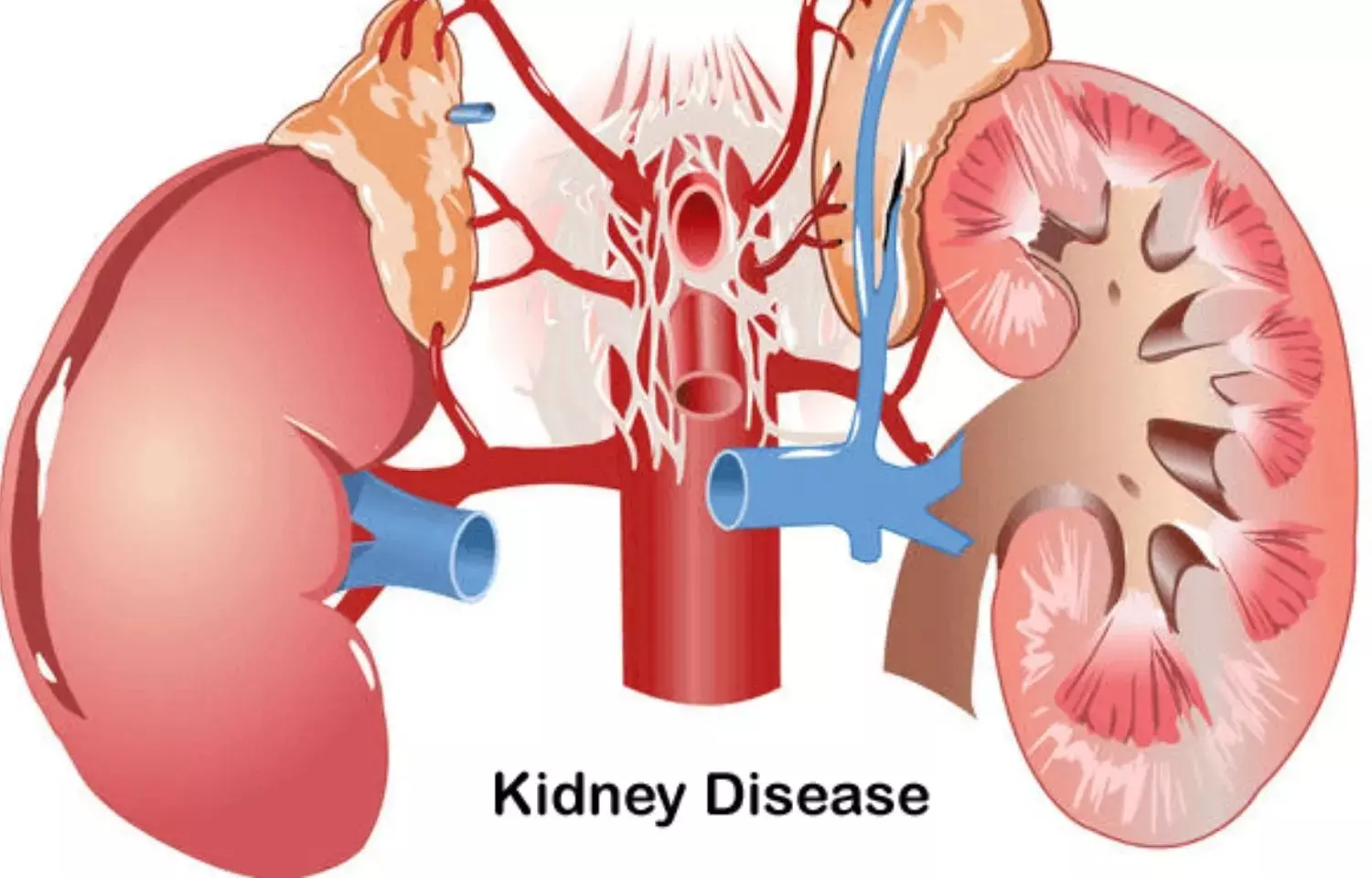- Home
- Medical news & Guidelines
- Anesthesiology
- Cardiology and CTVS
- Critical Care
- Dentistry
- Dermatology
- Diabetes and Endocrinology
- ENT
- Gastroenterology
- Medicine
- Nephrology
- Neurology
- Obstretics-Gynaecology
- Oncology
- Ophthalmology
- Orthopaedics
- Pediatrics-Neonatology
- Psychiatry
- Pulmonology
- Radiology
- Surgery
- Urology
- Laboratory Medicine
- Diet
- Nursing
- Paramedical
- Physiotherapy
- Health news
- Fact Check
- Bone Health Fact Check
- Brain Health Fact Check
- Cancer Related Fact Check
- Child Care Fact Check
- Dental and oral health fact check
- Diabetes and metabolic health fact check
- Diet and Nutrition Fact Check
- Eye and ENT Care Fact Check
- Fitness fact check
- Gut health fact check
- Heart health fact check
- Kidney health fact check
- Medical education fact check
- Men's health fact check
- Respiratory fact check
- Skin and hair care fact check
- Vaccine and Immunization fact check
- Women's health fact check
- AYUSH
- State News
- Andaman and Nicobar Islands
- Andhra Pradesh
- Arunachal Pradesh
- Assam
- Bihar
- Chandigarh
- Chattisgarh
- Dadra and Nagar Haveli
- Daman and Diu
- Delhi
- Goa
- Gujarat
- Haryana
- Himachal Pradesh
- Jammu & Kashmir
- Jharkhand
- Karnataka
- Kerala
- Ladakh
- Lakshadweep
- Madhya Pradesh
- Maharashtra
- Manipur
- Meghalaya
- Mizoram
- Nagaland
- Odisha
- Puducherry
- Punjab
- Rajasthan
- Sikkim
- Tamil Nadu
- Telangana
- Tripura
- Uttar Pradesh
- Uttrakhand
- West Bengal
- Medical Education
- Industry
Higher physical activity may lower risk of heart disease in adults with chronic kidney disease

In this long-term study of 3,926 adults with chronic kidney disease (CKD), researchers found that individuals with higher levels of physical activity were less likely to experience an atherosclerotic event (e.g. heart attack, stroke, or peripheral arterial disease), new-onset heart failure, and death as compared to those with lower levels of physical activity.
In terms of effect size, the association between higher physical activity and lower risk for incident PAD was particularly striking. In addtion, their finding of an inverse relationship between physical activity level and incident heart failure is noteworthy in view of the high prevalence and cost of heart failure in the CKD population.
Findings were similar for analyses evaluating adherence to guideline-recommended (>150 minutes/week) level of physical activity, and strengthen the evidence supporting current guideline recommendations. These findings reinforce the importance of incorporating counseling regarding physical activity into the routine clinical care of patients with CKD.
Reference:
Jacob W. Bruinius, BS, Mary Hannan, PhD, Jinsong Chen, PhD, Julia Brown, MD, Mayank Kansal, MD, Natalie Meza, MPH, Milda R. Saunders, MD, MPH, Jiang He, MD, Ana C. Ricardo, MD, and James P. Lash, MD, on behalf of the CRIC Study Investigators Published:July 07, 2022 DOI: 10.1053/j.ajkd.2022.05.007
Dr Kamal Kant Kohli-MBBS, DTCD- a chest specialist with more than 30 years of practice and a flair for writing clinical articles, Dr Kamal Kant Kohli joined Medical Dialogues as a Chief Editor of Medical News. Besides writing articles, as an editor, he proofreads and verifies all the medical content published on Medical Dialogues including those coming from journals, studies,medical conferences,guidelines etc. Email: drkohli@medicaldialogues.in. Contact no. 011-43720751


